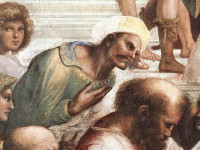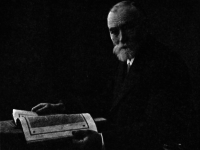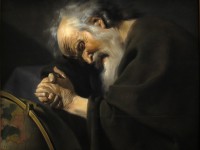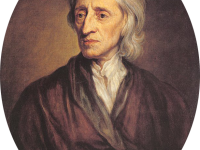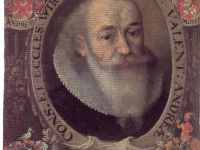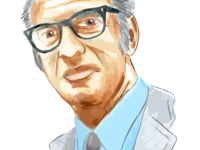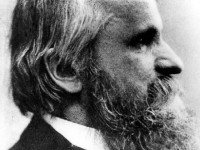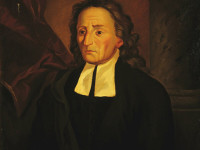Do Androids Dream Of Electric Sheep? – Philip K. Dick
On December 16, 1928, American novelist Philip K. Dick was born. He explored sociological, political and metaphysical themes in novels dominated by monopolistic corporations, authoritarian governments, and altered states. Blade Runner, Total Recall, A Scanner Darkly, Minority Report, The Man in the High Castle, Paycheck…does that ring a bell? Although maybe you don’t know Philip K. Dick, for sure you have seen one of the movies based on his short stories or novels. Philip…
Read more


